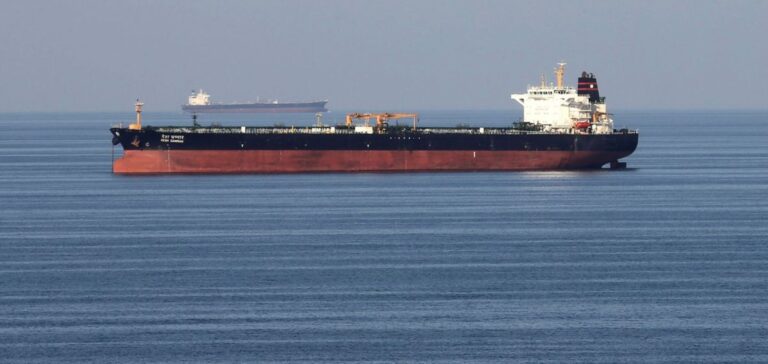Industry analysts believe that Washington’s response to Tehran’s recent seizure of a U.S.-bound oil tanker will determine whether regional trade flows will be disrupted and marine insurance premiums will rise.
The Marshall Islands-flagged tanker Advantage Sweet was seized in transit in international waters in the Gulf of Oman on April 27 at about 1:15 p.m., according to the U.S. Navy. S&P Global Commodities at Sea data showed the Suezmax headed to Houston after loading 550,000 barrels of Eocene crude and 200,000 barrels of Kuwait Ratawi crude for Chevron.
Iranian retaliation after the Suez Rajan affair
The Financial Times reported that Iran’s move could have been triggered by the implementation of sanctions by the U.S. authorities, involving the detour of the Iranian oil tanker Suez Rajan, bound for China, to the United States.
The White House, the State Department and the U.S. Department of Justice declined to comment on the Suez Rajan case. In recent years, Iran has on occasion stopped commercial vessels in retaliation for what it perceived as Western hostilities. Some countries’ naval forces would escort their tankers in response.
Impact on the market
Andrew Wilson, head of research at BRS, said insurance premiums in the region have not increased as a result of the Advantage Sweet seizure, but “if tensions continue…they will surely increase.” “In the meantime, it appears that the presence of Western warships in the region will increase, which should give some degree of comfort to tanker owners whose vessels operate in the region,” Wilson added.
Platts, an affiliate of S&P Global Commodity Insights, assessed the VLCC rate for the 270,000 metric ton Arabian Gulf shipment to China at $13.69/mt on May 2, unchanged since April 27. Despite quarters of negotiations, Washington and Tehran have failed to revive an international nuclear deal to lift sanctions on Iranian oil exports, but Iran has been gradually increasing shipments abroad. According to S&P Global Commodities at Sea, Iran’s crude and condensate exports reached 1.04 million barrels per day in March, compared to a monthly average of 950,200 bpd in 2022.






















